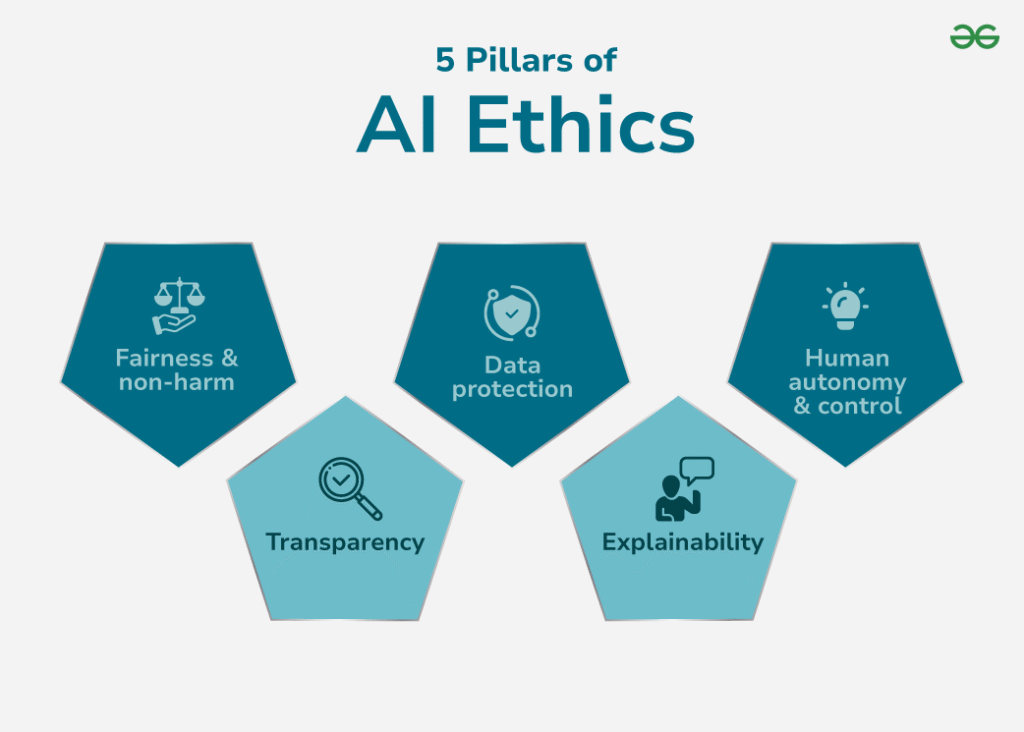AI in Healthcare is no longer a futuristic concept — it is a powerful force actively reshaping how we prevent, diagnose, treat, and manage diseases today. From enhancing clinical accuracy to enabling personalized medicine, artificial intelligence is revolutionizing every aspect of modern healthcare. As global health challenges grow and resources remain limited, AI offers scalable solutions to improve patient care, reduce costs, and increase efficiency across the board.
Enhancing Diagnosis and Early Detection

One of the most impactful applications of AI in healthcare is its ability to support early diagnosis. By analyzing vast datasets, AI algorithms can identify patterns and anomalies in medical images and patient records that might be missed by human eyes. In radiology, AI tools can detect tumors, fractures, and other abnormalities in X-rays, MRIs, and CT scans with remarkable accuracy. These systems are being used to screen for conditions like breast cancer, pneumonia, and brain hemorrhages more quickly and effectively than traditional methods.
Early diagnosis leads to better treatment outcomes, and AI is becoming a key ally in catching diseases before they progress.
Personalized Treatment and Precision Medicine
Every patient is unique, and AI enables healthcare providers to tailor treatment based on individual differences in genetics, lifestyle, and medical history. Through advanced data analysis, AI systems can recommend the most effective medications and therapies for a specific patient. This approach — known as precision medicine — minimizes side effects and maximizes treatment success.
Moreover, AI is playing a crucial role in drug discovery. Machine learning models can simulate how new compounds interact with the human body, significantly speeding up the process of developing life-saving medications.
AI-Powered Virtual Health Assistants

AI in healthcare is also enhancing patient engagement through virtual assistants and chatbots. These tools can provide instant responses to medical questions, assist with appointment scheduling, send medication reminders, and offer emotional support — all without the need for human intervention. This 24/7 availability improves access to care, especially in remote areas where medical professionals may be scarce.
Some AI-driven apps even use natural language processing to interpret symptoms and provide users with preliminary assessments, encouraging timely visits to a doctor when necessary.
Smart Devices and Remote Monitoring
Wearable devices equipped with AI-powered sensors are becoming common among health-conscious individuals. These devices track metrics such as heart rate, oxygen levels, and sleep quality in real time. AI then interprets this data to detect irregularities and alert users or healthcare providers to potential health issues.
Remote monitoring has proven especially valuable in managing chronic conditions like diabetes, hypertension, and cardiovascular diseases. It enables continuous care outside of clinical settings and reduces the need for frequent hospital visits.
Improving Hospital Operations and Workflows
AI is not only benefiting patients — it’s making life easier for healthcare providers too. Hospitals are using AI to optimize resource allocation, predict patient admission rates, and manage supply chains. AI algorithms can also automate repetitive administrative tasks like medical billing, insurance claims, and clinical documentation.
Voice recognition tools are helping doctors create patient records quickly and accurately, reducing burnout and allowing more time for direct patient interaction.
Addressing Challenges and Ethical Concerns

While AI in healthcare presents immense potential, it also raises important ethical and practical challenges. Patient data privacy is a top concern, and strict safeguards must be in place to prevent data misuse. Additionally, AI models can sometimes inherit biases from the datasets they’re trained on, potentially leading to unequal care.
Transparency, accountability, and human oversight are essential to ensuring that AI-driven decisions are fair, safe, and trustworthy.
The Future Outlook
The future of AI in healthcare is incredibly promising. We are entering an era where artificial intelligence complements human expertise to deliver better health outcomes. As these technologies continue to evolve, they will play an even greater role in preventive care, mental health, global health management, and emergency response.
Collaboration among technologists, healthcare professionals, researchers, and policymakers is essential to fully harness AI’s capabilities while addressing its risks.
Also Read: Top Strategies For Enhancing Patient Care In Modern Healthcare
Conclusion
AI in healthcare is more than a trend — it’s a transformation that is redefining how we approach medicine and patient care. With continued innovation and responsible implementation, AI will pave the way for a smarter, more inclusive, and more effective healthcare system for all.
